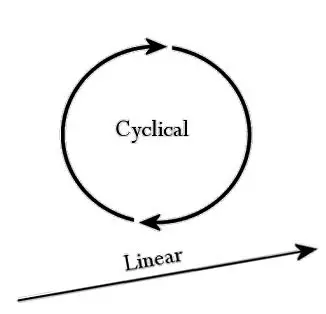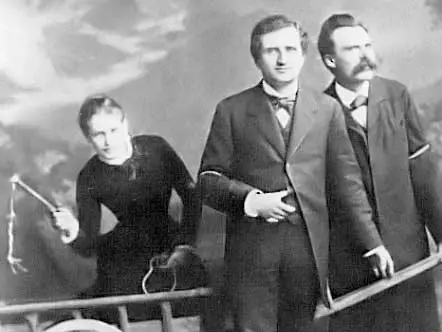What is Hedonism (Brief)?
Introduction
Hedonism is a philosophical doctrine originating from the Hellenistic period of Ancient Greece. While there are many doctrines that incorporate elements of hedonism, the one constant that they all have in common is the centrality of the pursuit of pleasure. In particular, hedonists agree that human beings should always aim to maximise pleasure.
While the Greek philosopher expressed a form of hedonism in the 5th century BC, its earliest explicit proponent was Socrates’s student Aristippus of Cyrene, who set forth a movement – Cyrenaicism – that became especially popular in the late 4th and early 3rd centuries BC. Aristippus emphasised, and likely misappropriated, only one side of his teacher’s moral philosophy: namely, that human being strive for happiness. He thus ignored all other aspects of Socrates’s teaching that we find in Plato, including the opposing views towards carnal pleasures. Aristippus and the Cyrenaics, by contrast, believed that gratifying bodily pleasures was of higher order and of higher moral value than pleasures of the soul. Additionally, they denied the Socratic teaching to aim for long-term pleasures in place of immediate indulgence. These two aspects of hedonism, though to a more modest degree, are to be found in the earlier Greek philosopher Democritus from the 5th century BC and the later Greek philosopher Epicurus in the 3rd century BC.
History of Hedonism
With the rise of Christian philosophy, the Middle Ages largely saw a denunciation of hedonism because it was deemed incompatible with Christian virtues and bordered a sinful lifestyle. From the 15th century onwards, however, Renaissance humanist philosophers Erasmus and Thomas More attempted to revive hedonism by showing its compatibility with Christianity – in particular, by showing that it must be God’s will to see human beings happy.
Between 17th to 19th centuries, Hedonism found supporters from Libertinism. Libertines were, typically though not necessarily, opposed to religious dogma and everyday moral codes; they thus stood in direct opposition to social validation of accepted moral behaviour and aimed for sexual abundance. Libertinism was of particular note in France and Britain, where the 2nd Earl of Rochester, Marquis de Sade, and Aleister Crowley often stand out in popular culture.
With the rise of Utilitarianism in the 19th century, Hedonism took yet another turn and amassed a wider societal support than previously. The principle of Utilitarianism – i.e. the greatest pleasure for the greatest number – resonated with the general public, and its early advocate Jeremy Bentham thought of the principle in the purely quantitative terms. As the principle started gathering some level of criticism, Bentham’s student John Stuart Mill developed and refined version of Utilitarianism (and thus hedonism) by proposing qualitative elements to pleasure where human beings could find a balance between both carnal pleasures and those the soul.
The 20th century saw yet another change to Hedonism, which is the addition of personal freedom and equality to the pursuit of pleasure.
Further Reading
Lampe, K. (2015). The Birth of Hedonism: The Cyrenaic Philosophers and Pleasure as a Way of Life, Princeton: Princeton University Press.
Mill, J. S. (2001). Utilitarianism, Indianapolis: Hackett Publishing.
Shaw, J. C. (2015). Plato’s Anti-hedonism and the Protagoras, Cambridge: Cambridge University Press.
Tännsjö, T. (1998), Hedonistic Utilitarianism, Edinburgh: Edinburgh University Press.






